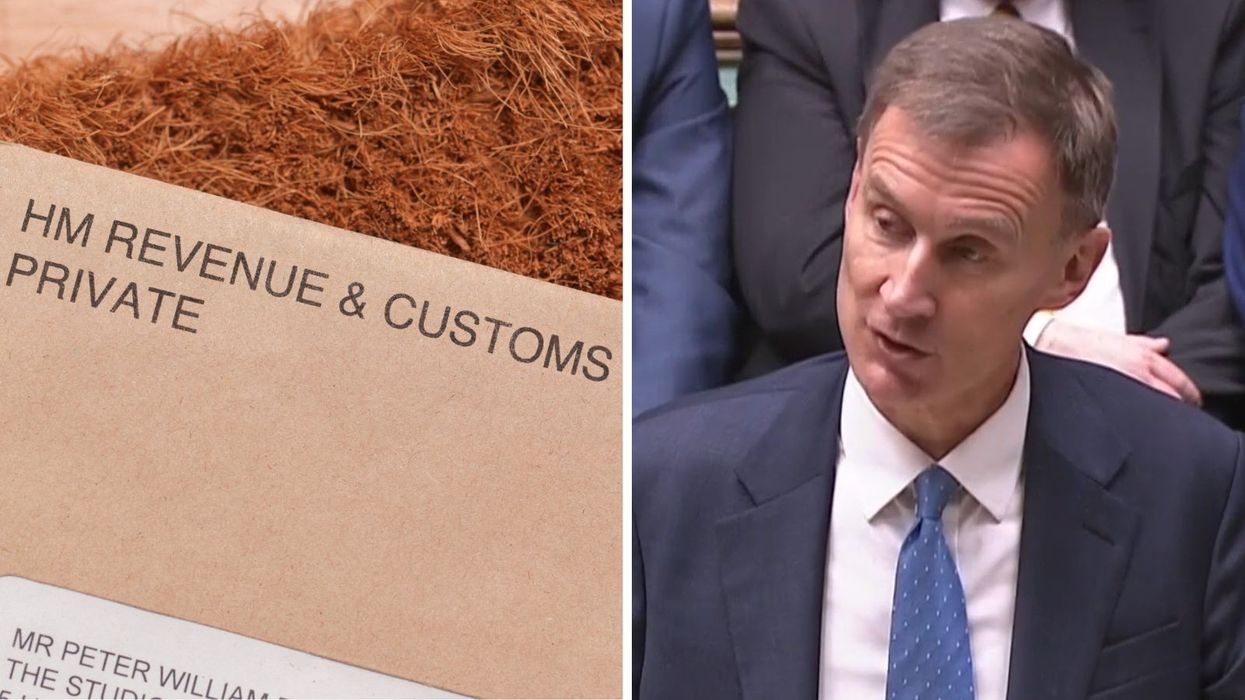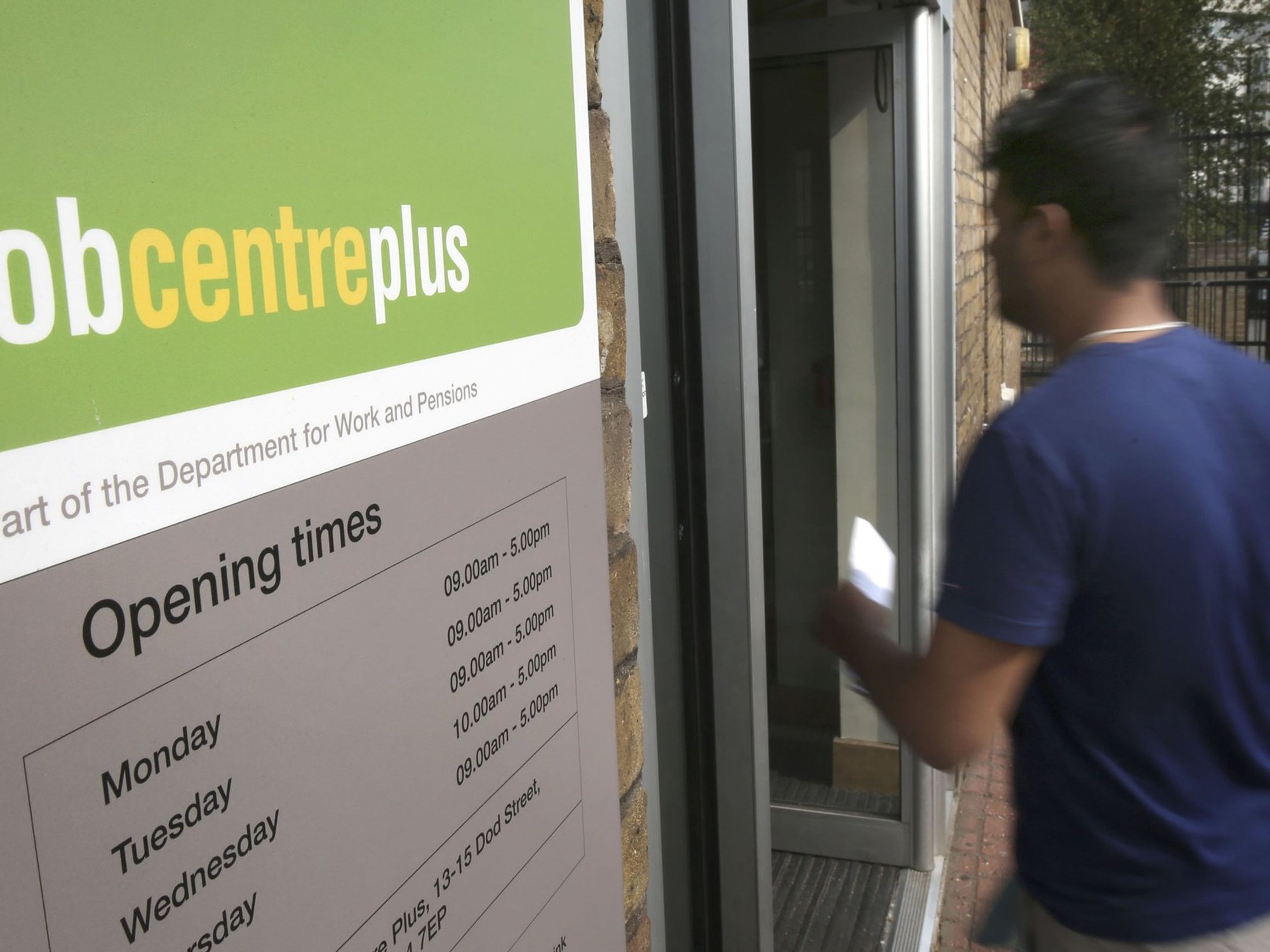Jeremy Hunt announces major National Insurance reform to save 2 million self-employed earners £350 a year

Jeremy Hunt delivered the Autumn Statement in the House of Commons today
|GETTY | GB NEWS

Jeremy Hunt delivered the Autumn Statement in the House of Commons today
Don't Miss
Most Read
Jeremy Hunt has announced a major overhaul to National Insurance for self-employed workers, affecting around two million people.
Mr Hunt said he would abolish the need for self-employed workers to pay Class 2 National Insurance contributions.
The Chancellor also said he would reduce Class 4 National Insurance rate from nine per cent to eight per cent next year.
This reduction will take effect on April 6, 2024.
WATCH NOW: Jeremy Hunt announces National Insurance reform
Under the new rules, from April 6, 2024, self-employed people with profits of more than £12,570 will no longer need to pay Class 2 National Insurance contributions.
The two measures together will be worth £350 for the average self-employed person on an annual income of £28,200, the Treasury said.
The Chancellor confirmed they would continue to get access to contributory benefits including the state pension.
People with profits between £6,725 and £12,570 will continue to get access to the contributory benefits including the state pension through a National Insurance credit without paying NICs, as they do currently.
Self-employed workers with profits under £6,725 and others who pay Class 2 NICs voluntarily to get access to contributory benefits including the state pension, will continue to be able to do.
The Treasury said the Small Profits Threshold - which is the point at which the self-employed start to receive National Insurance credits - has been frozen at £6,725, in line with last year’s approach.
The Chancellor has also announced he will cut the National Insurance rate in a boost for 27 million workers.
The Class 1 National Insurance rate will reduce from 12 per cent to 10 per cent.
Mr Hunt said he would introduce emergency legislation to bring in the change from January.
The new rate will come into effect on January 6, 2024, he said.
LATEST DEVELOPMENTS:
WATCH NOW: Jeremy Hunt delivers the Autumn Statement
The Treasury said the National Insurance cut would mean a typical self-employed plumber on £34,400 will receive an annual gain of £410.
According to their calculations, an average police officer on £44,300 will receive an annual gain of over £630.
However, after Mr Hunt and Prime Minister Rishi Sunak froze the personal allowance and higher rate income tax thresholds frozen until 2028, workers are set to pay income tax on more of their income in the coming years as wages rise. This is known as fiscal drag.
Evelyn Partners’ Head of Tax Sian Steele, said: “Tthese reductions in NI – costing the Treasury £9billion of the £172billion total take from this tax – will do little to counteract the rising tide of direct taxation that has taken the overall tax burden to the highest levels in 70 years."
Ms Steele warned the "substantial shift" in the tax landscape is driven largely by fiscal drag.
She said that as the "incomes of millions of people surge across the personal allowance and the higher and additional rate thresholds", people will "start to pay tax for the first time, or be drawn into paying tax at higher marginal rates".










